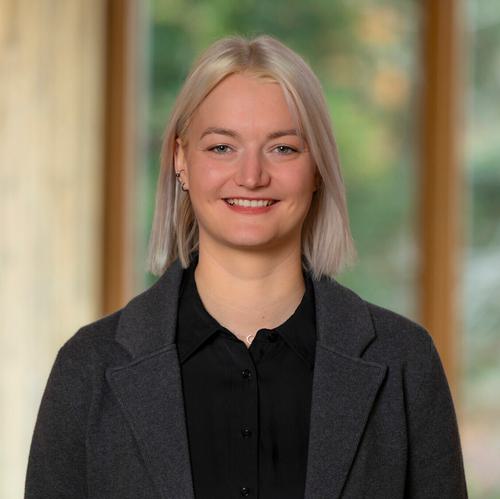
Alexa VanHattum
Assistant Professor of Computer Science
My interests span programming languages and computer systems.
I use lightweight formal methods to improve the reliability and efficiency of low-level computer systems. I enjoy collaborating with industry groups and open-source software projects.
I love demystifying systems programming for undergraduate students—I am excited to work with Wellesley research assistants and to teach courses across computer systems, formal methods, compilers, and programming languages.
For my complete CV and more about my research, teaching, service, see my website.
Education
- B.S., Brown University
- M.S., Cornell University
- Ph.D., Cornell University